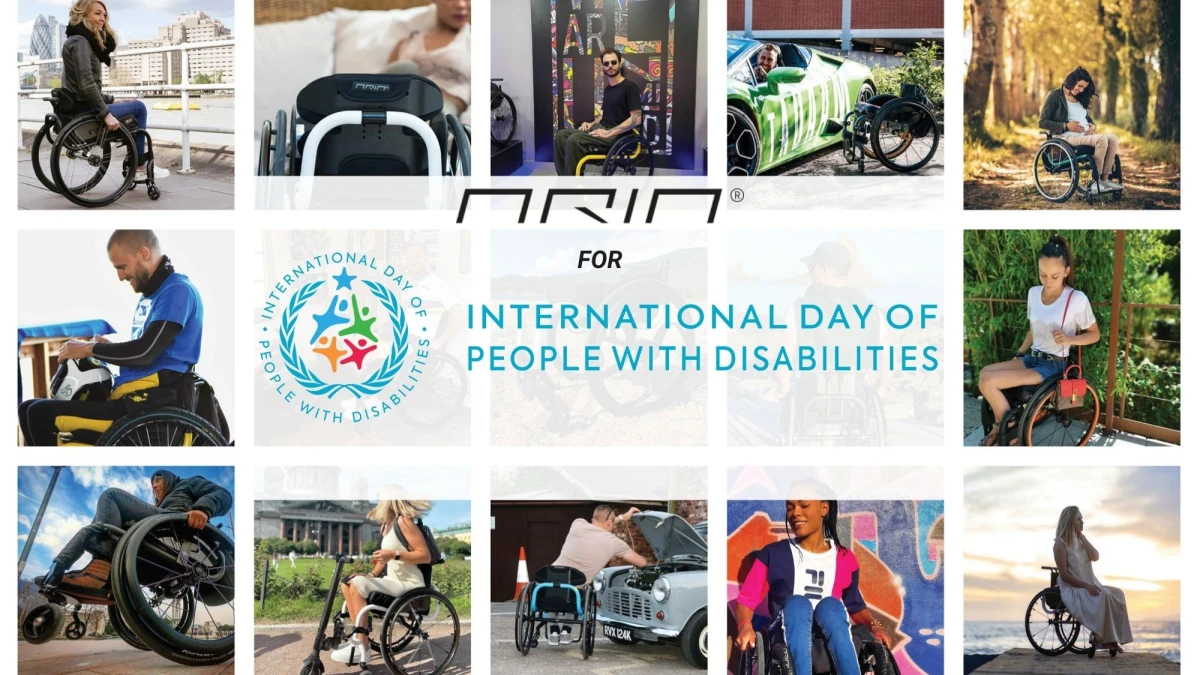December 3 is International Day of Persons with Disabilities (IDPD), an international observance promoted by the United Nations since 1992.
Today, more than 1 billion people experience disability, and this figure is predicted to rise, due in part to population ageing and an increase in the prevalence of non-communicable diseases. Despite this, few countries have adequate mechanisms in place to respond fully to the health priorities and requirements of persons with disabilities.
The observance of the Day aims to promote an understanding of disability issues and mobilize support for the dignity, rights and well-being of persons with disabilities. It also seeks to increase awareness of gains to be derived from the integration of persons with disabilities in every aspect of political, social, economic and cultural life.
THE DISABILITY YESTERDAY
The History of Disability Rights and Movement started from a situation that favoured the incarceration and segregation of people with disabilities, particularly children.
At that time, a disabled person had no legal right to challenge his status quo and there were multiple examples of the murder of people with disabilities, especially women and children.
This bad situation reached its peak when, during Nazi Germany, led to an estimated 275,000 deaths of people with disabilities via involuntary euthanasia.
The turning point arrived in the ’70s when England approved the Chronically Sick and Disabled Persons Act, which was the first legislation in the world to recognize the rights of people with disabilities, and included the provision of welfare assistance, housing and equal rights to recreational and educational facilities.
After that, the UN approved more conventions on the Rights of Disabled Persons and created a Programme of Action Concerning Disabled Persons.
We arrived in the 2000s when significant international law cases reflected the empowerment of people with disabilities, including access to employment, education, facilities and transport, electoral processes, and healthcare
THE DISABILITY TODAY
Every year, the UN honours the International Day of People with Disabilities with a different theme and the 2021 theme is "Fighting for rights in the post-COVID era."
This year, the International Day of People with Disabilities should be used to recognize that people who live with disabilities are among the most affected populations amid the COVID pandemic. Where marginalization, discrimination, vulnerability, and exploitation are everyday factors for many people, the increased risk of poor outcomes have been magnified with the reduced access to routine health care and rehabilitation services, more pronounced social isolation, poorly tailored public health messaging, inadequately constructed mental health services, and a lack of emergency preparedness for people with special needs.
So, today as yesterday, it’s important to celebrate the rights and improvements achieved so far, as well as increase public awareness, understanding, and acceptance of people with disabilities.
ARIA FOR THE DISABILITY
Aria Wheels was founded in 2014 starting from an assumption: Movement is a right and everyone should be able to enjoy it in the same way.
We decided to design and produce wheelchairs and accessories for new mobility that faces discrimination and prejudice for people with disabilities, a concrete aid to provide more independence and freedom for the people.
We believe that products with high-quality standards can make a difference in terms of quality of life.
We believe that every day should be the International Day for people with disabilities, not just today.
And remember: Disability is Not Inability, it is just another kind of ability.
Join the conversation, fill out the form below to share your thoughts about the International Day of People with Disabilities or use the hashtags #IDPD and #EveryoneIncluded on your social media to spread the message!
(Source: https://idpwd.org/ and https://www.who.int/)
